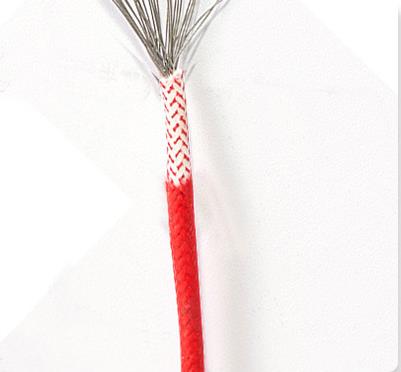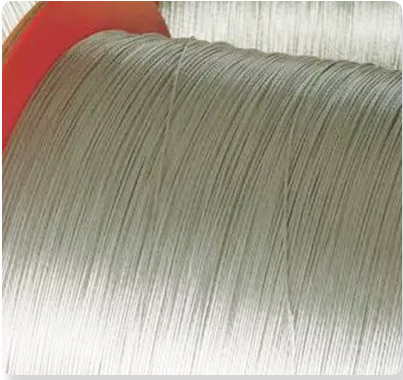Silicone braided wire, known for its flexibility and durability, has become a popular choice for various electrical applications. One common question that arises among users is whether silicone braided wire can be easily soldered. In this article, we delve into the solderability of silicone braided wire, shedding light on its characteristics and considerations for soldering, while also highlighting the importance of choosing a reliable silicone braided wire factory and supplier.

Understanding Silicone Braided Wire
Silicone braided wire is constructed with a core conductor encased in a flexible silicone insulation, which is then further protected by a braided layer for added durability. This construction provides excellent flexibility, thermal resistance, and resistance to environmental factors such as moisture, chemicals, and abrasion. As a result, silicone braided wire is commonly used in applications where flexibility and reliability are paramount, such as automotive wiring, electronics, and industrial equipment.
Solderability of Silicone Braided Wire
One of the key considerations for users of silicone braided wire is its solderability, or the ease with which it can be soldered to other components or terminals. Silicone braided wire generally exhibits good solderability, allowing for reliable connections to be made with soldering techniques commonly used in electrical work.

Factors Affecting Solderability
Several factors influence the solderability of silicone braided wire:
Surface Cleanliness: Proper cleaning of the wire surface is essential to ensure good solderability. Any contaminants or residues on the wire surface can inhibit solder adhesion and result in weak connections.
Flux Compatibility: The choice of flux used during soldering can impact the solderability of silicone braided wire. Flux helps to remove oxides and promote solder flow, thereby improving the quality of solder joints.
Soldering Temperature: Silicone braided wire can withstand relatively high temperatures, but excessive heat during soldering can degrade the insulation or cause damage to the wire. It is important to use appropriate soldering temperatures and techniques to avoid overheating.
Importance of Reliable Suppliers
When sourcing silicone braided wire for soldering applications, it is crucial to partner with a reputable silicone braided wire factory and supplier. A reliable supplier will ensure that the wire meets quality standards, including proper surface cleanliness and compatibility with soldering processes. Additionally, they can provide guidance on soldering techniques and recommend suitable flux formulations for optimal solderability.
Conclusion
In conclusion, silicone braided wire offers good solderability, making it suitable for a wide range of electrical applications where reliable connections are essential. By understanding the factors influencing solderability and partnering with a reputable silicone braided wire factory and supplier, users can confidently use silicone braided wire in soldering applications, knowing that it will deliver the flexibility, durability, and performance they require


